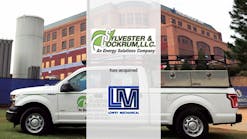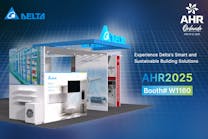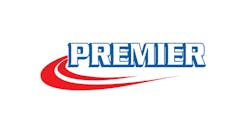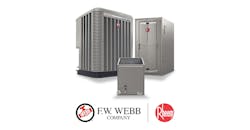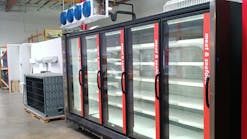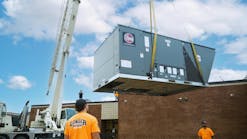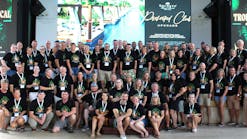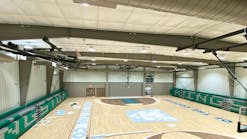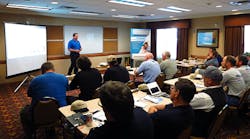It is essential that mechanical teams continue their professional career development, given the complexity and different types of systems they are installing and servicing.
Atlantic Westchester is a union affiliated organization, which means that all of our field technicians and apprentices obtain a variety of training at their respective union educational centers from safety to technical and all industry specific. Current apprenticeship programs for HVAC service in New York State require five years of classroom and lab training in addition to “on-the-job” experience to build their knowledge base. The program follows a curriculum designed by the United Association and is approved by the state labor department. Our senior technicians are also supportive of their colleagues and either teach by working with other technicians and apprentices, or provide assistance via cell phone, texting, etc. To add to the union training, we also send technicians to industry training, whether at the factory level, local distributor or area classes and seminars. We are working on building a “formalized” training matrix for our techs to track their education, and the union requires minimum annual continuing education time for journeymen members. We also employ two teachers from the union, which also helps with our training and teaching on site.
Atlantic Westchester technicians are generally divided into three groups: maintenance, service/troubleshooting and installation. There is some crossover as workload demands. As technicians become more experienced, their strengths begin to materialize, and we try to enhance their natural capabilities with focused training. Some techs are strong in electrical theory and they learn more about controls, some are strong in combustion and they learn more about boilers and burners, etc. Core mechanical theory is taught to all, such as control sequence and wiring, air and water flow, refrigeration cycle and components, safety, working with tools of the trade, brazing, and more.
I am working on building a relationship with a local Board of Cooperative Educational Services (BOCES) school that teaches high school students about HVACR and they have an adult education program, and I’m hoping to recruit some young upcoming superstars to continue building a strong future for our industry.
The Mechanical Service Contractors Association (MSCA) has developed good educational resources and programs for various positions in our industry. Training for dispatchers, service managers, sales representatives and field service supervisors, the organization has done a good job in helping professional development. We also belong to the Linc Service Network which offers several courses via online training for office and field employees. Local organizations also host seminars with guest speaker presentations in several areas that touch upon what we do every day. ASHRAE, School Building and Grounds Association, Hospital Engineers Society are examples.
The best service technicians learn the fundamentals and figure out where to find the answers they are looking for.
Vendors also provide quality training for our techs, but it’s usually focused on specific manufacturer’s equipment that they represent. Learning about pumps, fuses, ductless system design and service is great, even if catered to one company. The technology applies across the board and we learn some tricks of the trade pertaining to specific equipment we may be servicing. The industry seems to be moving toward developing “specialists” since systems and equipment is getting more sophisticated. Learning diagnostic approach and having the right tools such as cables or software for computer access is important. Also, knowing where to call for help is key to helping a customer solve a problem in a quick timeframe. We meet the trainers and get their contact information, which is very helpful. The only complaint is that sometimes the presentation is more about selling or promoting the product instead the technology, and/or how it functions.
RELATED ARTICLE: Growing Your Tech Team's Capabilities
All of our local supply houses provide some avenue for training as well. To boost traffic through their doors, build loyalty and try to earn the 1st choice go-to resource, they benefit from providing quality training that the techs are looking for.
As everyone in our industry knows, nobody can know everything. The advancements in technology combined with older legacy systems means that buildings have a lot of different types of HVAC systems. The best service technicians learn the fundamentals and figure out where to find the answers they are looking for. The Internet has become my first go-to resource for learning or teaching others about a wide variety of subjects. Manufacturers websites, YouTube or Google searches can produce most of the info that we need to keep moving. The best technicis are hungry for learning, and they never give up until either the problem is solved, or the reason is found for why something won’t work properly.
I strongly believe in the cliché that “knowledge is power.”
Bud Hammer is President at Atlantic Westchester, Inc., a commercial and industrial HVAC and energy efficiency company located in Bedford Hills, NY. Atlantic Westchester offers a variety of commercial and industrial HVAC solutions.
Visit atlanticwestchester.com.
